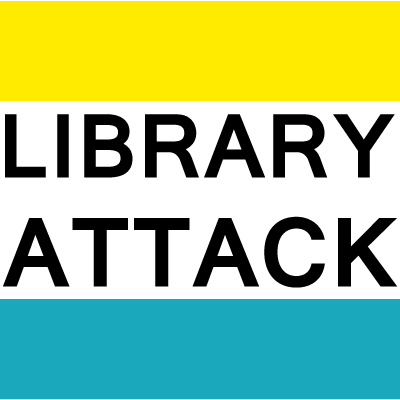Disclosure: I will own up to my deep seeded worries (perhaps paranoia) that libraries are in a vulnerable situation and we need to assert ourselves back in relevancy, particularly for special libraries. It’s not so much justification, but more of a reminder of our value and aligning (yes, that word) our message with that of our organizations and communities.
This month, it seems like one of the big issues I’ve been having professionally is finding the balance between memory/history and change/innovation in my library community. I don’t think these problems are unique to SLA or the transportation library world. It’s also not a generational thing. When is providing context for the “why” things were done go from explanation to excuses? Now, I’ll also recognize that a lot of this is my own attitude, and that I see lots of opportunities for growth and improvements. (This has to do with my paranoia.)
It is important to have institutional memory and to know who made the decisions and why. What was going on at the time? Who were the people involved? The context really shapes the outcomes. My frustration, and what I need to work on, is really when do we say, “Ah, so that’s why it happened that way, now how can we move to this other place?” A lot of times, providing detailed explanations for the past seems to not really provide excuses, but sort of muddy the waters. It’s hard, as somebody who wants to see change and innovation, to hear a long account of the past without thinking that the teller implicitly thinks it should still sort of be that way. Now, a long exposition with some sort of proposal for the future would allay my concerns, but that is rare.
So how can I temper my frustrations? I’m not advocating changes for the sake of just being different, but I don’t want to see us pass up opportunities because there might be difficult roads ahead. Is this something that I’ll get over with age, or will I always be pushing against the past?
In some ways it seems like libraries can’t win. We’ve been told over and over that we must innovate. We must change or die. We must stay relevant in today’s world. So some take that charge to heart and we push ahead, only to be told we need to look at the past and we need to take on more archival responsibilities and be more of what we had been, but our stakeholders didn’t seem keen on. Does that make us a victim of our own marketing? Is there room for both sides? I’d like to think so. Finding the balance is going to be tough though, and I need to learn to mellow out and keep doing my think I suppose.

Leave a Reply